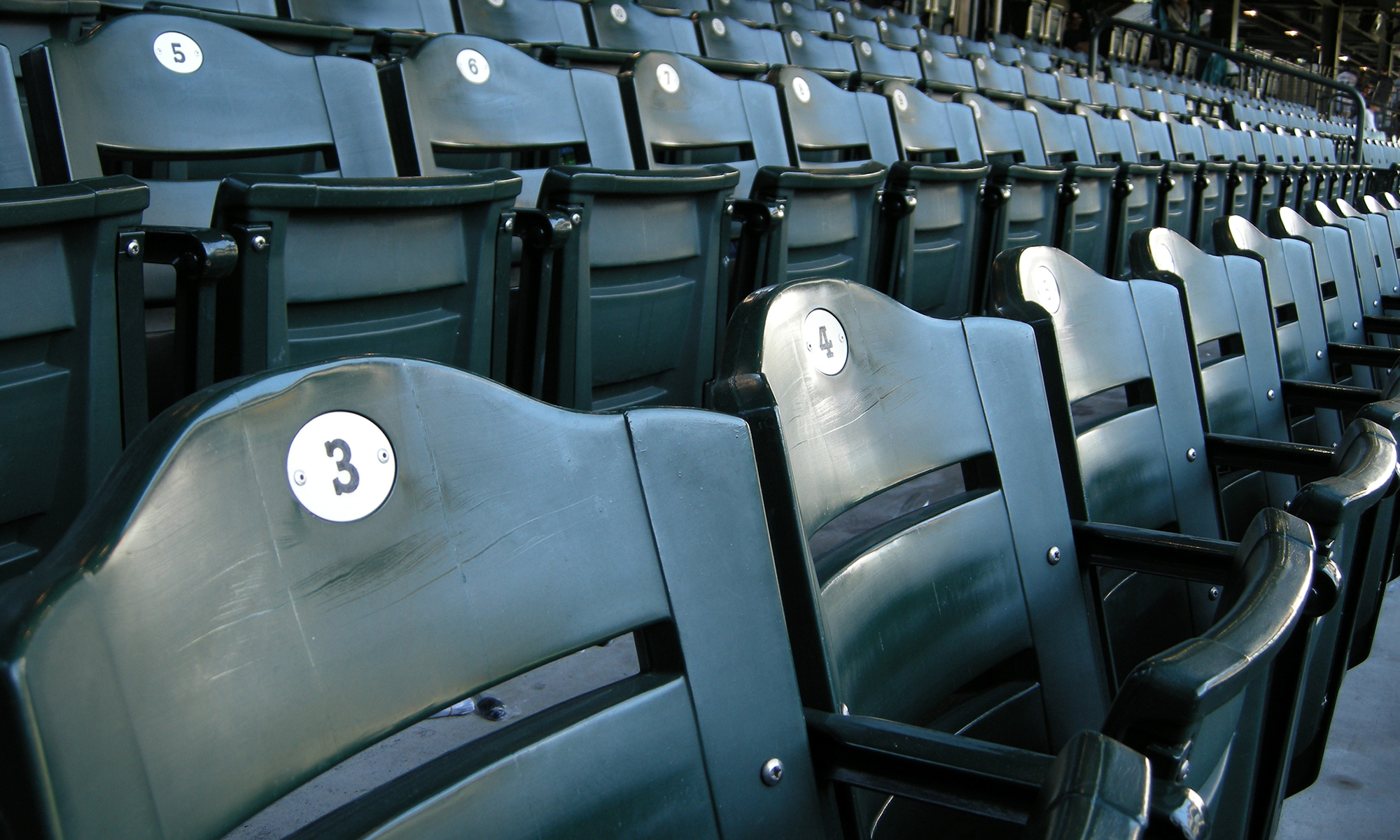Houston Christian University (“HCU”) recently moved to intervene in the potentially historic antitrust settlement between the NCAA and current and former college athletes. The proposed settlement involves the NCAA, conferences, and member schools paying $2.8 billion to college athletes to resolve alleged antitrust violations related to compensation to the athletes for their name, image, and likeness. In addition, the NCAA and its Power Five conferences (the Atlantic Coast Conference, Big Ten Conference, Big 12 Conference, Pac-12 Conference and Southeastern Conference) agreed to allow their student athletes to receive pay directly from the universities they compete for—a complete departure from the NCAA’s long-standing system of “amateurism.” The settlement agreement is pending approval by Judge Wilken in the Northern District of California where the cases are pending.
In its motion to intervene, HCU argues that its financial interests were not adequately represented during settlement negotiations. HCU argues that the settlement will unfairly “divert funds from academics to athletics” and will negatively impact all of its students. HCU’s argument is consistent with the majority of the criticism facing the proposed settlement—that the Power Five conferences and NCAA were the only parties at the negotiating table while non-Power Five schools will be on the hook for some of the settlement proceeds. The current settlement proposal apportions the $2.8 billion as follows: 24% from the Power Five conferences, 10% from the Group of Five conferences, 13% from Football Championship Subdivision schools, and 12% from Division I schools without football programs). HCU and other potential interveners in the proposed settlement could result in Judge Wilken denying the proposed class settlement as currently structured.
